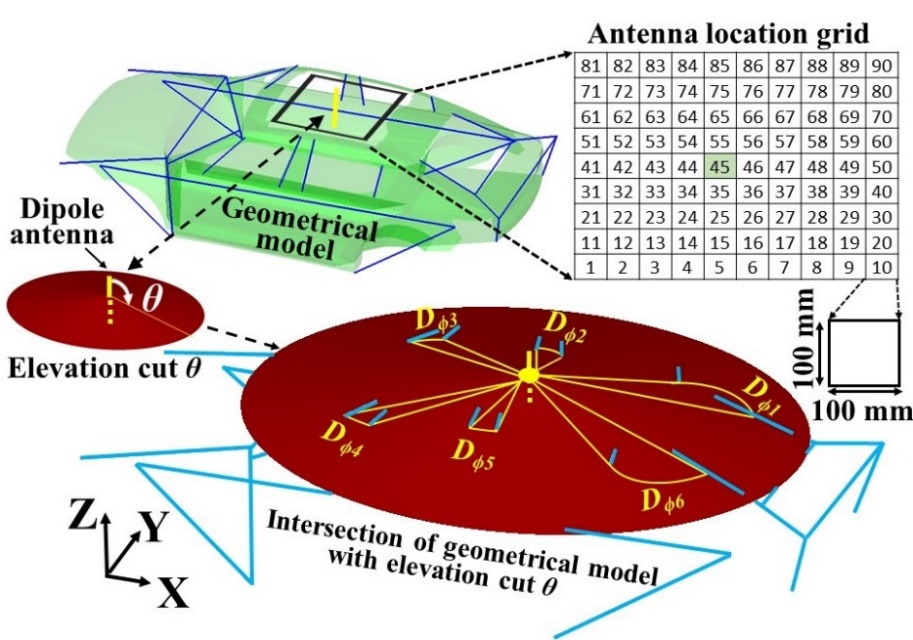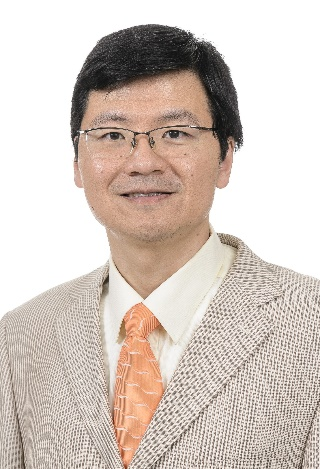报告题目:Antenna System Design for Future Cars
报告时间:2022年11月24日(周四)下午17:00点
报告地点:线上(ZoomID: 8651644420)
报告人:Prof. Buon Kiong Lau
工作单位:Lund University, Sweden
报告摘要
For many years, vehicular antennas are only used for receiving AM and FM broadcast radio signals. These antennas are clearly visible on older cars as protruding wires on car bodies. In recent years, many more antennas are packed into cars to support new applications and services, including GNSS, WiFi, LTE, SDARS, long/mid/short-range radar, etc. On the other hand, industrial designers are pushing for antennas to be made invisible in future cars, which make it very challenging for the antenna systems to fulfill strict requirements like coverage. The design problem is reminiscence of the evolution of external to internal antenna in mobile terminals, except that the car body is electrically large for most car antenna systems.
In this talk, I will introduce some recent progress in my research collaboration with Volvo Cars to design innovative antenna systems for future cars, addressing different challenges in the design process. As a representative example of an interesting research problem that benefits from an innovative approach, I will detail the systematic design procedure of a Vehicle-to-Everything (V2X) antenna system that can provide adequate coverage despite being a hidden antenna solution. Figure 1 shows a simplified geometrical model that was found to adequately capture the shadowing effect of the car body. Going higher up in frequency, I will also introduce our recent design of a 79 GHz series-patch array, which can be used in future cars’ multiple-input multiple output (MIMO) radar. The design utilizes a high-resolution multilayer PCB technology to implement stacked microvias (SMVs) that facilitates a large operating bandwidth (overlapped of gain and impedance bandwidths).

Figure 1. Design of V2X dual-antenna solution using a simplified geometrical model.
报告人简介

Dr. Buon Kiong (Vincent) Lau is a Professor and the Head of the Communications Engineering Division at the Department of Electrical and Information Technology.
Dr. Lau obtained the Bachelor of Electrical and Electronic Engineering from the University of Western Australia in 1998. From 1998 to 2002, he did his Ph.D. at Curtin University of Technology, Australia, on the topic Applications of Adaptive Antennas in 3G Mobile Communication Systems. From January 2003 to April 2004, he was a Guest Research Fellow at the Department of Signal Processing, Blekinge Institute of Technology. He was a Research Fellow (May 2004-May 2007) at the Department of Electroscience, Lund University, and later an Assistant Professor (June 2007-October 2010) and an Associate Professor (Nov 2010-Mar 2016) in the Department of Electrical and Information Technology (formerly Department of Electroscience). Between July 2010 and December 2014, he served as the Director of Postgraduate Studies at the same department.
Dr. Lau was an Associate Editor (AE), Senior AE and Track Editor for the IEEE Transactions on Antennas and Propagation (TAP) between 2010 and 2016. He received an award from the same journal for exceptional performance as an Associate Editor during 2014-2015. He was also a Guest Editor of the 2012 TAP Special Issue on MIMO Technology, the Lead Guest Editor for the 2016 TAP Special Issue on Theory and Applications of Characteristic Modes, and a Guest Editor of the upcoming IEEE TAP Special Issue on Artificial Intelligence in Radio Propagation for Communications. He was the Lead Guest Editor of the 2013 Special Cluster on Terminal Antenna Systems for 4G and Beyond for the IEEE Antennas and Wireless Propagation Letters, as well as the Lead/sole Guest Editor of the IEEE Antennas and Propagation Magazine Special Issue on Characteristic Modes: Into the Mainstream and the Path Beyond.
From 2007 to 2011, he was a Co-chair of Subworking Group 2.2 on Compact Antenna Systems for Terminals (CAST) within EU COST Action 2100. He was the chair of Subworking Group 1.1 on Antenna System Aspects within EU COST Action IC1004 between 2011-2015. From 2012-2015, he was the Regional Delegate of European Association on Antennas and Propagation (EurAAP) for Region 6 (Iceland, Norway, Sweden). He is also a member of the Education Committee in the IEEE Antennas and Propagation Society (AP-S), where he was also the Coordinator of the annual AP-S Student Design Contest (3-year term between 2013-2015). He joined the New Technology Directions Committee of AP-S in 2021. In 2014, Dr. Lau initiated the international Characteristic Modes Special Interest Group (CM-SIG) (www.characteristicmodes.org), which aims to promote new breakthroughs and foster coordination/ collaboration in CM research. Currently, over 90 research groups/companies are members of the SIG. Additionally, he served as a Distinguished Lecturer for the IEEE AP-S during 2017-2019. Since 2022, he is an IEEE Fellow.
Dr. Lau's primary research interests are in various aspects of multiple antenna systems, particularly the interplay between traditionally separate disciplines of antennas, propagation channels and signal processing.
 TOP
TOP